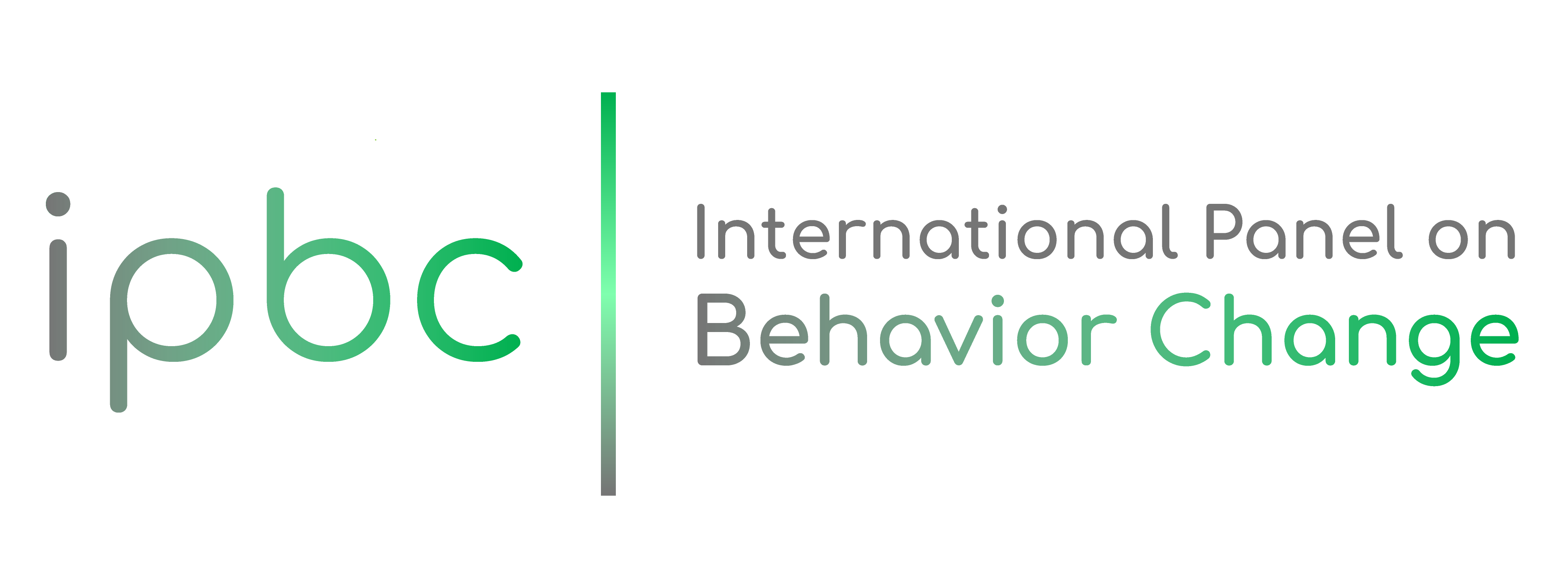Let's talk about COVID 19 crisis...
Release date: May 10, 2020.
Behaviors in times of changes...
The IPBC is an independent, international and multidisciplinary scientific organisation aimed at producing state-of-the-art reports on human behaviours from all fields of research, in support of a fair and sustainable development.
We see a wide variety of popular reactions to warnings, guidelines and measures issued by governments and health scientists to the present COVID-19 pandemic. These reactions range from happy compliance to pick-and-choose obedience to avoidance of sanitary rules. In many countries, ‘life as usual’ reactions (going to parks, getting together with friends) followed official statements describing the urgency and informing the population about safety measures and descriptions of acceptable behaviours. People’s ethics and civic sense of duty and responsibility were widely called upon in a way that parallels messages about the need to “change our lifestyles” associated with addressing our global ecological crisis. Yet, the first responses to COVID-19 measures faced a wide variety of reactions, ranging from compliance to ignoring and resisting, leading in turn in many countries to increased regulation, including confinement. Then, after about two weeks, we saw greater compliance and adherence to rules in most countries. The new behaviours became new norms.
How then, are these diverse reactions to be explained when:
- Abundant medical information is provided non-stop via all media channels;
- The health crisis impacts everyone either through the disease or through health policies;
- Directives are provided regarding the adoption of new behaviours and social norms;
- Testimonials and support for those with increased exposure to sickness (including medical and grocery workers, etc.) are regularly broadcast as a reminder for solidarity and responsibility.
What, then, are the drivers behind this variety of reactions?
One could include: information (communication and reactions to it), policies, organisational capacity, culture, perceptions, fear, altruism/selfishness, trust in science and in decision makers, stress, denial, under estimation of risks, difficult confinement conditions, neurocognitive pathways, pleasures associated with the spring conditions and so on. This incomplete list does not even include interactions between these factors, nor their relative weight. While different disciplines offer their own answers, transdisciplinary approaches need to be developed and disseminated if we wish to understand fully the drivers behind the variety of reactions, attitudes and behaviours, for the benefit of all.
Developing this understanding is even more urgent in the face of the global ecological crisis – which is a far greater threat than the COVID-19 – and which requires even greater changes in behaviours, if we are to reach well being and ecological goals.
Transition will require great daily challenges such as low meat consumption, reducing the use of personal vehicles, retrofitting our homes, etc. Such reasonable measures have, to date, been adopted by a minority, despite years of information showing how these actions can work toward addressing our crisis, for the benefit of both humankind and biodiversity on which we depend. One current and widespread explanation for this relative failure is that people do not perceive (see, feel) climate change impacts. But the problems of this explanation are made obvious when we contrast our response to the COVID-19 pandemic because the coronavirus kills people now and we all will personally benefit from effective actions to contain it.
To understand effective behavioural change, we need large-scale, multidisciplinary research on these questions.
The goal of the IPBC is to play an important role in integrating multidisciplinary knowledge on behaviours
linked to transition efforts (as well as other crises), offer explanations and eventually,
create guidelines to facilitate effective largescale behavioural change.
